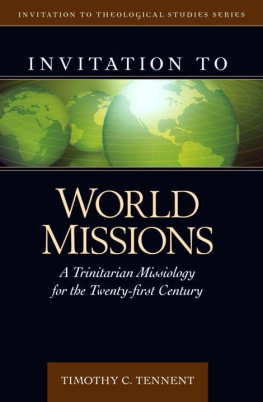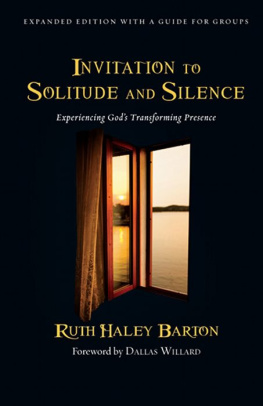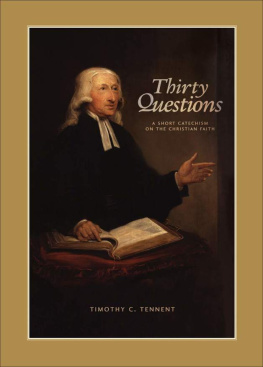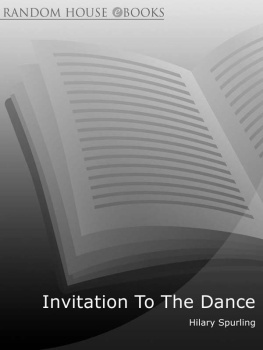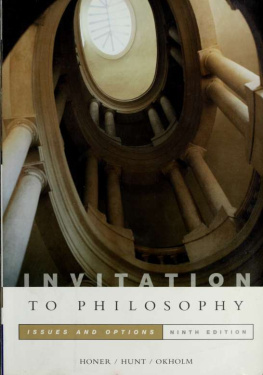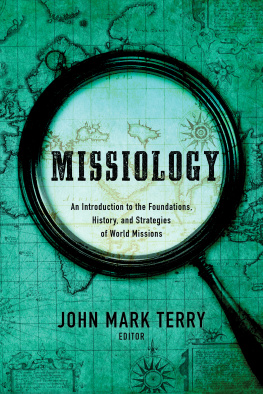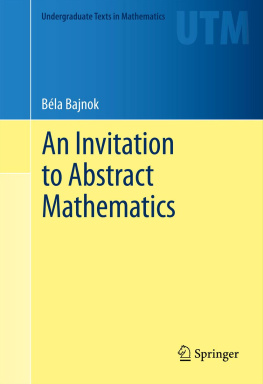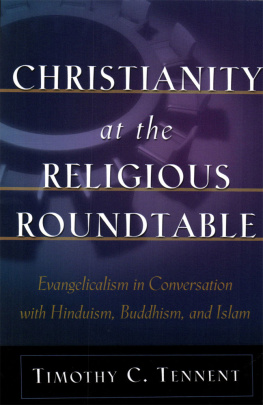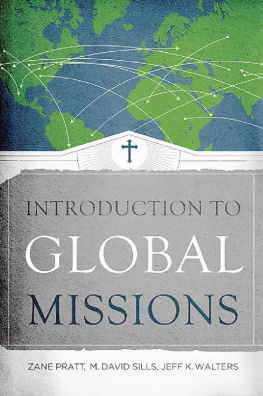INVITATION TO
1. Invitation to Biblical Hebrew: A Beginning Grammar Invitation to Biblical Hebrew DVDs Invitation to Biblical Hebrew Workbook Russell T. Fuller and Kyoungwon Choi
2. Invitation to Biblical Preaching: Proclaiming Truth with Clarity and Relevance Donald R. Sunukjian
3. Invitation to Historical Theology: A Survey of Christian Thought (forthcoming) Steven A. McKinion
4. Invitation to Biblical Interpretation (forthcoming) Andreas Kostenberger, Richard D. Patterson, and Scott Swain
5. Invitation to Church History (forthcoming) John Hannah
6. Invitation to Biblical Greek (forthcoming) Buist Fanning and Jay Smith
7. Invitation to the Old Testament (forthcoming) David M. Howard Jr.
8. Invitation to the New Testament (forthcoming) Michael Wilkins and Alan Hultberg
9. Invitation to World Missions Timothy C. Tennent
10. Invitation to Evangelism (forthcoming) Timothy K. Beougher
Stimulating the mind and nourishing the soul, each volume in the Invitation to Theological Studies series is written to provide a primary textbook for core graduate-level courses.
INVITATION TO THEOLOGICAL STUDIES SERIES
INVITATION TO
A Trinitarian ll/Iiis otogy for the Twenty first Century
TIMOTHY C. TENNENT




Norman Allison,
who first introduced me
to the discipline of missiology;
and Peter Kuzmic, my beloved colleague, who simultaneously embodies the `fire of missions" and the "discipline of missiology" better than anyone I know.
........................................................................................... 9
....................................................................... 11
PART ONE: INTRODUCTION
Section A: Megatrends That Are Shaping Twenty-first Century Missions
................... 15
Section B: The Triune God and the Missio Dei
............................................... 53
......................................... 74
PART Two: GOD THE FATHER: THE PROVIDENTIAL SOURCE AND GOAL OF THE MISSIO DEI
Section A: A Missional Perspective on the Bible
....................................... 105
................................. 125
Section B: Creation, Revelation, and the Human Response to God's Rule
................. 159
........................................ 191
PART THREE: GOD THE SON: THE REDEMPTIVE EMBODIMENT OF THE MISSIO DEI
Section A: Missions History as a Reflection of the Incarnation
............. 229
........................... 255
............... 284
Section B: CrossCultural Communication as a Reflection of the Incarnation
............ 323
..................... 354
....................... 387
PART FOUR: GOD THE HOLY SPIRIT: THE EMPOWERING PRESENCE OF THE MISSIO DEI
Section A: Empowering the Church to Embody the Presence of the Future
Section B: Missionaries as Agents of Suffering and Heralds of the New Creation
.......................................... 459
...................................................... 485
............................................................................. 507
........................................................................ 531
........................................................................... 543

CENTRAL TO MY CONCERN in writing this book is that the way missions mostly has been conceptualized over the last generation is no longer adequate for the peculiar challenges and exciting opportunities that await us in the unfolding of twenty-first-century missions. This book seeks to bridge the gap between a practical-oriented missions textbook and a more reflective missiology that explores the undergirding foundations of missions practice. It contains much of what is normally found in traditional introductory texts on missions but seeks to place it all within a Trinitarian framework. Key theological foundations such as the missio dei, the Trinity, the New Creation, and a vision for a truly global church form the basis and structure of the entire work. It will assist those who teach missions to think more carefully about how missions is biblically and theologically undergirded. In the past, it was not uncommon for mission textbooks to contain a "biblical foundations for missions" section, which typically preceded the remaining content of the book. However, it was not always clear how the biblical and theological foundations were related to all that followed. This book seeks to integrate biblical and theological reflection throughout the entire work.
Having been a missions practitioner for over twenty years, as well as having taught missions in a seminary for over a decade, I have become concerned that missions practice has drifted quite a long way from intentional, disciplined missiological reflection. Thus, this book seeks to encourage the reuniting of missions practice with missiological reflection rooted in sound theology. The very word missiology can be daunting, even to some missionaries. The discipline of missions as a field of study seems somewhat removed from the practice of missions in the field of the world. Nevertheless, the world of practice and the world of disciplined reflection must be brought together if the increasingly global missionary movement is to be faithful to the high calling of being Christ's ambassadors in the world.
However, perhaps the very word missiology reminds us that missions is, at its heart, about bridging cultures, crossing frontiers, and celebrating the marvelous translatability of the gospel of Jesus Christ in an increasingly global context. This book is written in celebration of the one hundredth anniversary of the 1910 World Missionary Conference held in Edinburgh, Scotland. It is a call to faithful remembrance as we look back on those who have gone before us, and it is also a call to look ahead and reenvision what it means to be called into the world. This book is part of the Invitation to Theological Studies series being published by Kregel. Therefore, it stands as an invitation to rejoice in God's abiding faithfulness and to engage afresh in the world mission of the church as global participants in the missio dei.

I WOULD LIKE TO EXPRESS MY GRATITUDE to the trustees of GordonConwell Theological Seminary for granting me a sabbatical to write this book. Their commitment to theological education built on the highest standards of excellence and fidelity to the Scriptures is one of the most enduring legacies of Gordon-Conwell, and one of which I am a grateful beneficiary. I will also cherish the months spent as a visiting fellow at the University of Edinburgh throughout much of 2008. My wife and I counted it as a great privilege to return to Edinburgh, where I did my doctoral work. The collegial hospitality I enjoyed at the Centre for the Study of Christianity in the Non-Western World will not soon be forgotten.

